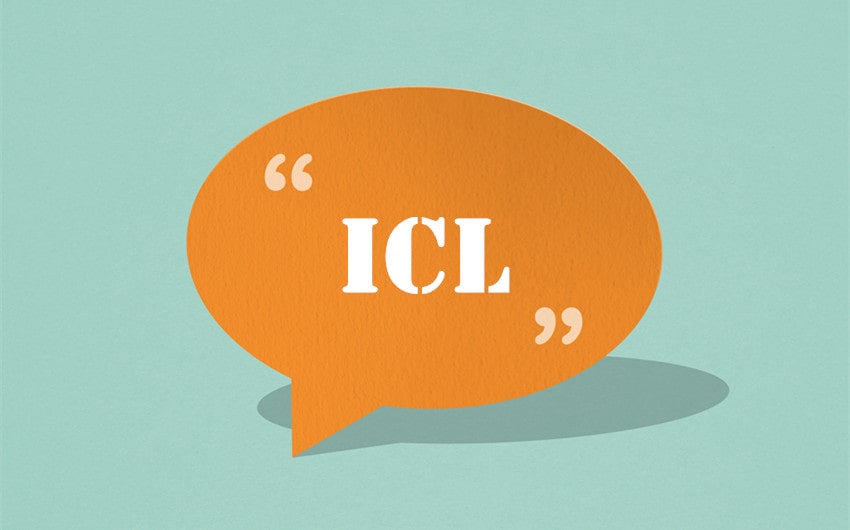Understanding ICL Meaning in Text and How It’s Used Today
In today’s world of texting and instant messaging, we’ve all encountered shorthand and abbreviations designed to make conversations quicker and easier. One such abbreviation you might come across is “ICL.” If you’re unsure what it means or when to use it, you’re not alone.
Understanding these text abbreviations is key to keeping up with modern digital communication. In this article, we’ll explore the ICL meaning in text, breaking down what it stands for and how it fits into everyday online conversations. Let’s dive into this popular texting shorthand!
What Does ICL Stand For in Texting?
In texting, “ICL” stands for “I Can’t Lie.” This acronym is often used in casual, informal conversations, especially when someone wants to emphasize their honesty or to preface something that might be considered a bold or candid statement. It’s a way of signaling that the speaker is being upfront or truthful, even if the following comment might be a little blunt, awkward, or surprising.
For example, someone might text, “ICL, that movie was terrible,” signaling they are about to give an honest, unfiltered opinion about the film.
While “ICL” is often used in more casual or lighthearted conversations, it can also convey a sense of vulnerability or sincerity when someone feels compelled to speak the truth. This makes it a versatile shorthand that can be used in both humorous and serious contexts.
The abbreviation helps set the tone for the conversation and lets the person on the other end know that what follows is their honest opinion or feeling.
Common Uses of ICL in Texting
The acronym ICL (I Can’t Lie) is versatile and appears in a wide range of texting situations. It’s used to add emphasis to a statement, making it clear that the sender is being especially honest, unfiltered, or even blunt. Here are some of the most common ways “ICL” shows up in texting:
1. Expressing Brutal Honesty
One of the most frequent uses of ICL is when someone wants to share an opinion or fact that may be harsh or surprising. It’s a way of softening the blow while still being candid. For example:
- “ICL, I didn’t think your performance was as good as last time.”
- “ICL, that restaurant wasn’t worth the hype.”
Using ICL here signals that the sender recognizes their honesty might come off strong but they feel it’s important to express their true feelings.
2. Admitting Something Without Shame
Sometimes, people use ICL to admit to something personal or embarrassing without shame. This can be in a lighthearted, self-deprecating way, showing that they’re comfortable enough to share something vulnerable.
- “ICL, I still watch cartoons on Saturdays.”
- “ICL, I ate the entire pizza myself last night.”
It’s a way of saying, “I’m not hiding anything here, and I’m comfortable sharing it.” This use of ICL can help build rapport and connection with the person on the receiving end of the text.
3. Acknowledging a Strong Opinion
Another use of ICL is when someone is about to share a strong or unpopular opinion. The phrase helps prepare the reader for what could be a controversial or bold statement.
- “ICL, I think pineapple on pizza is actually amazing.”
- “ICL, I don’t believe in New Year’s resolutions.”
It’s a way of saying, “This is how I feel, and I’m okay with it,” even if it might not align with what others believe or think.
4. Emphasizing Sincerity in Praise
Interestingly, ICL is also used to emphasize sincerity, especially when giving compliments or praise. It’s a way to make the compliment feel more genuine or heartfelt.
- “ICL, you really nailed that presentation today.”
- “ICL, that new song you made is amazing!”
This shows that the speaker is not just offering a casual comment, but is really expressing genuine appreciation or admiration. It gives the compliment an extra layer of authenticity.
5. Acknowledging Personal Feelings
Sometimes ICL is used to acknowledge personal feelings or emotional states that are being shared, especially when they might be difficult to express.
- “ICL, I’ve been feeling really stressed out lately.”
- “ICL, I miss hanging out with you.”
In these cases, ICL helps to make the statement feel more vulnerable or honest, emphasizing that the person is speaking from the heart.
6. Making a Confession
ICL is often used when confessing something, whether it’s admitting a mistake, revealing a secret, or just opening up about something personal. It acts as a preface, letting the other person know that what’s about to follow is a moment of honesty.
- “ICL, I didn’t really want to come to the party.”
- “ICL, I’ve been keeping something from you.”
By starting with ICL, the person makes it clear that they are being upfront and open, even if what they are confessing is difficult.








